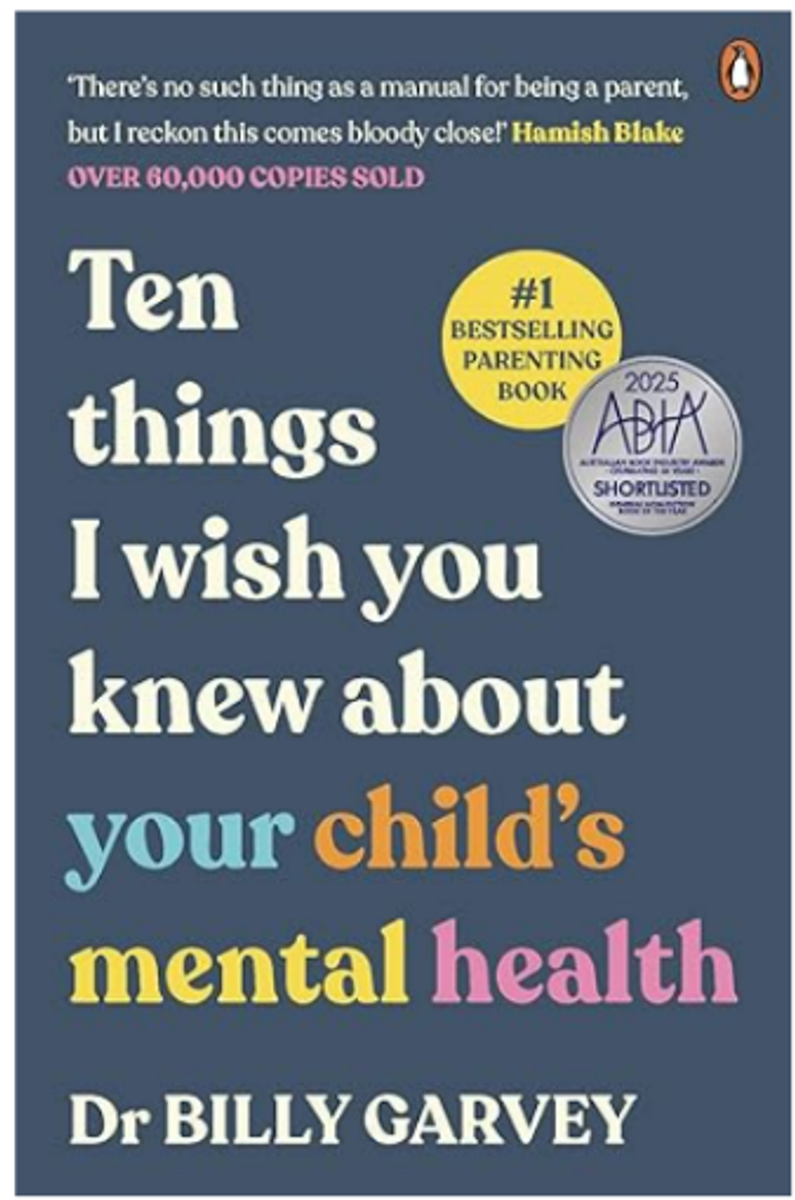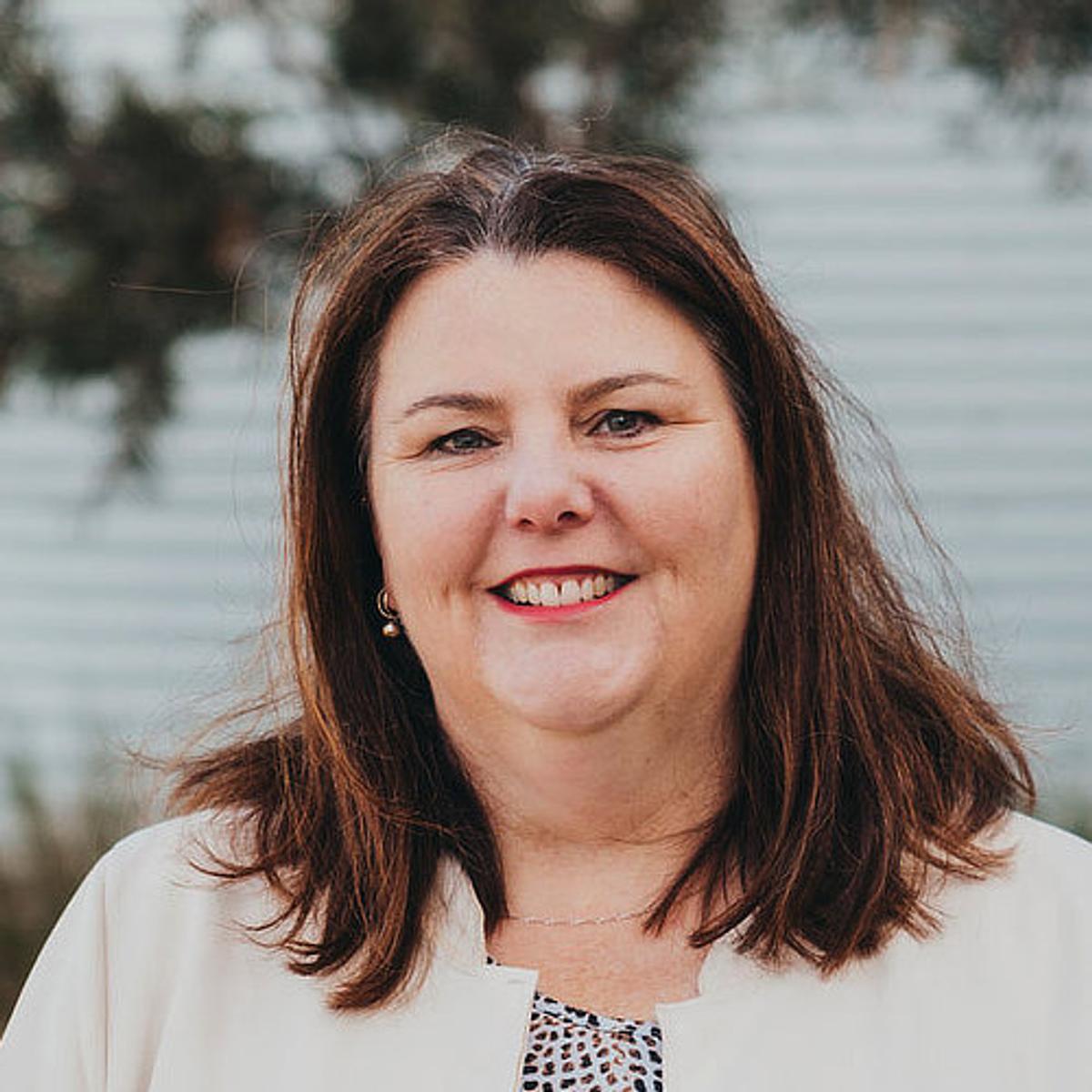Principal's Report
Christina Arnold

Principal's Report
Christina Arnold
With a focus on R U OK day last week, we spent time genuinely checking in with everyone. The simple words of “Are you ok?”, can open the doors for great conversations to start. It lets people know that you care and that you are wanting to listen to them. Holding space for someone is one of the greatest gifts you can give.


Leading Wellbeing and Inclusion this year, I have taken myself on a journey of understanding children’s mental health and wellbeing and what it means to support them.
I came across a book called ‘Ten things I wish you knew about your child’s mental health’ by Dr Billy Garvey. The next couple of paragraphs and the tips have been taken from the Emotional Development chapter of this book.


Emotional development is a broad and complex topic that is hugely misunderstood.
As parents and professionals working with children, we need to proactively support our kids’ emotional development to guard them against future difficulties. One of the key things to ensure we teach them is how to seek help when they are drowning in difficult emotions.
Teaching children any skill requires that we ask ourselves two key questions:
What specifically are we working on together, and how much support do I need to provide for this child to succeed at it?
Take learning to ride a bike, for example. We keep an eye out for signs that a child is ready and then we talk about it excitedly with them. We get a bike small enough for them, maybe even a tricycle or one with training wheels, and we prop them up on it, holding them for support. We use encouraging language, and we watch closely for any sign that they are going to fall. If we see it quickly enough, we catch them, if not we help them get up, and gently and lovingly guide them back onto the bike. If the fall was a bad one, we call it a day and tell them how proud we are of them. Helping our kids with their emotional development is exactly the same.
Discuss and explore the importance and richness of emotions with your children. The ‘suck it up’ approach at best limits our emotional growth and at worst further impairs kids who are struggling with difficult emotions and mental illness.
As a parent of an adult child, I recently experienced big emotions from both my son and me. He is on a tour of Europe and was in Venice. He became sick and was hospitalised. For him, one of the unfortunate things was that the tour had to continue without him, so he was left alone in a foreign country. To say that big emotions were felt from both of us was an understatement. He was feeling isolated as there were few people who spoke English. He didn’t know what was wrong with him and the doctors were continuously testing and not giving much information. When he called me I knew that he was feeling some big emotions as I was, the main one being fear, however, I needed to be his calm. I needed to validate his feelings then work with him to get through this situation. My instinct as a parent was to get on the next flight and bring him home. In reality I needed to help him work through this. The day he called and told me that the doctor had told him to ‘stop crying’ was heartbreaking. As his mum, I needed to work extra hard on talking through what he was feeling and show understanding of this and that it was ok to feel it. He was going through a tough situation.
I want to acknowledge my supports who I leaned on during this time. Even though I was there to help my son emotionally, I had my people here helping me.
Just one question can help someone with a situation they are going through, ‘Are you ok?’


Christina Arnold
Director of Wellbeing & Inclusion - Years 3 to 6